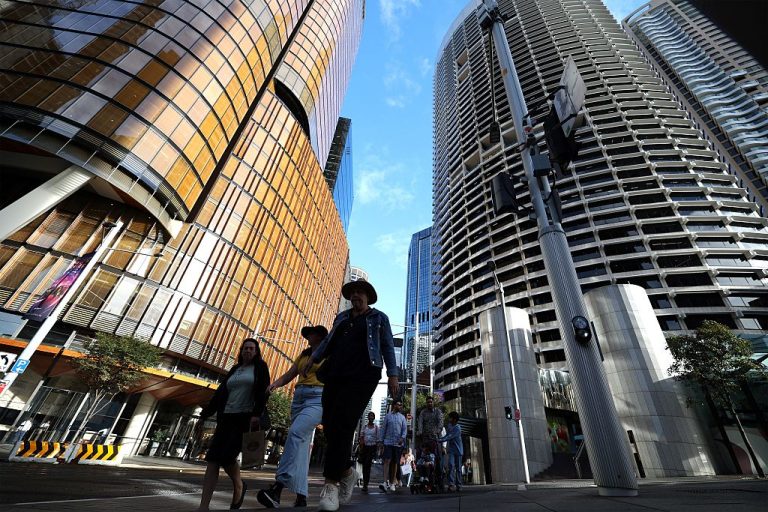Queensland tax changes less than interest rates: Treasurer

Queensland Land Tax reform was pushed through in December 2021.
The Palaszczuk government has defended dramatic changes to land tax for interstate property investors, claiming they are a small cost compared to the higher rents and property values owners have reaped in the property boom.
A switch in Queensland’s tax regime will see the total sum of an interstate investor’s land portfolio – including primary residences – used to calculate their land tax contribution if they own more than three properties, with the measure to also capture some Queensland residents.
The amendment was passed into law in June and is anticipated to increase state revenues by about $20m in the 2022-23 financial year.
Queensland Treasurer Cameron Dick has said the change was about “closing a loophole” in the system, with a spokesman telling The Australian the cost to investors was far less than current market factors.
“Compared to the beginning of Covid, landlords have enjoyed substantial increases in rent revenue and an average 50 per cent appreciation in asset value,” he said.
“Changes in interest rates have a much more significant financial impact on housing than this measure.”

Queensland Treasurer Cameron Dick. Picture: NCA NewsWire / Dan Peled
On the government’s measure, the amendments are estimated to be about one-hundredth of the $1.6bn in additional interest rate costs that Queensland landlords have started paying since interest rates began rising rapidly in May.
Property Council Queensland executive director Jen Williams believes there are inherent problems in putting the new system in place as it requires landowners to self-report their holdings in different states and territories, while also overlaying each jurisdiction’s unique tax laws.
“This is not just closing a tax ‘loophole’; it is the most significant reform to a land tax system that has operated effectively for decades and it should have been consulted upon to the same extent that a reform of its magnitude would normally entail,” Ms Williams said.
An assessment by the NSW government suggests the changes are not strictly unconstitutional, although NSW Finance Minister Damien Tudehope said he hoped no other state governments would adopt similar policies.

Real Estate Institute of Queensland chief executive Antonia Mercorella.
“This Labor tax grab is a case of robbing Peter to pay Palaszczuk and the NSW government will not support it,” Mr Tudehope said. “If other Labor states were to follow Queensland’s lead, the value of land would be taken into account multiple times by different state tax authorities.”
It is understood Revenue NSW has not been approached to share taxpayer data with its Queensland equivalent.
The change has been branded as “unique as it is illogical” by the Real Estate Institute of Queensland. The body’s chief executive, Antonia Mercorella, said the calculation was “unprecedented and unheard of for a reason”, adding the industry was not properly consulted.
“There’s no other state or territory that charges state land tax based on the value of properties held across Australia and outside the jurisdiction where the tax is collected,” she said. “It is irreconcilable that the Treasury expects to legitimately raise tax on the basis of value of property held outside of Queensland, for the purpose of funding infrastructure within Queensland.”
Ms Williams said the changes were likely to lead to increased rents and affect local businesses’ ability to attract workers. “At a time when the state is in the midst of a housing supply and affordability crisis, it appears counterintuitive to introduce any adjustment, or for that matter any new tax, upon the industry,” she said.
On Tuesday, Premier Annastacia Palaszczuk announced Queensland would hold a housing summit next month, with a round table with key players to take place on Friday.







